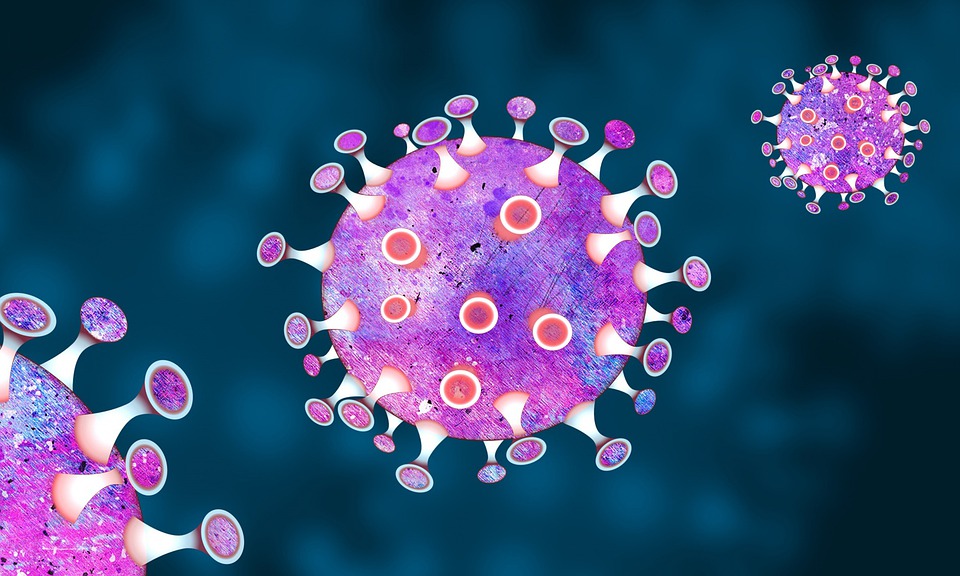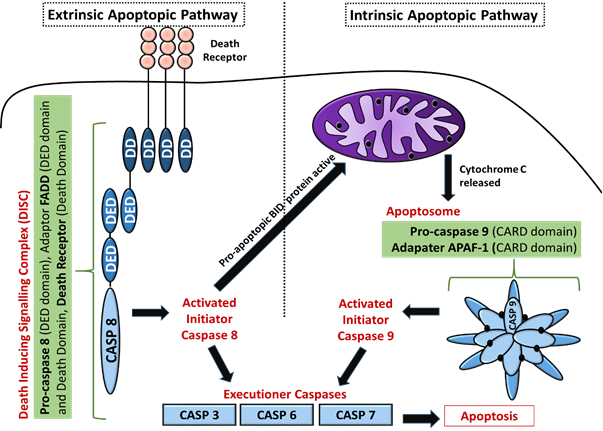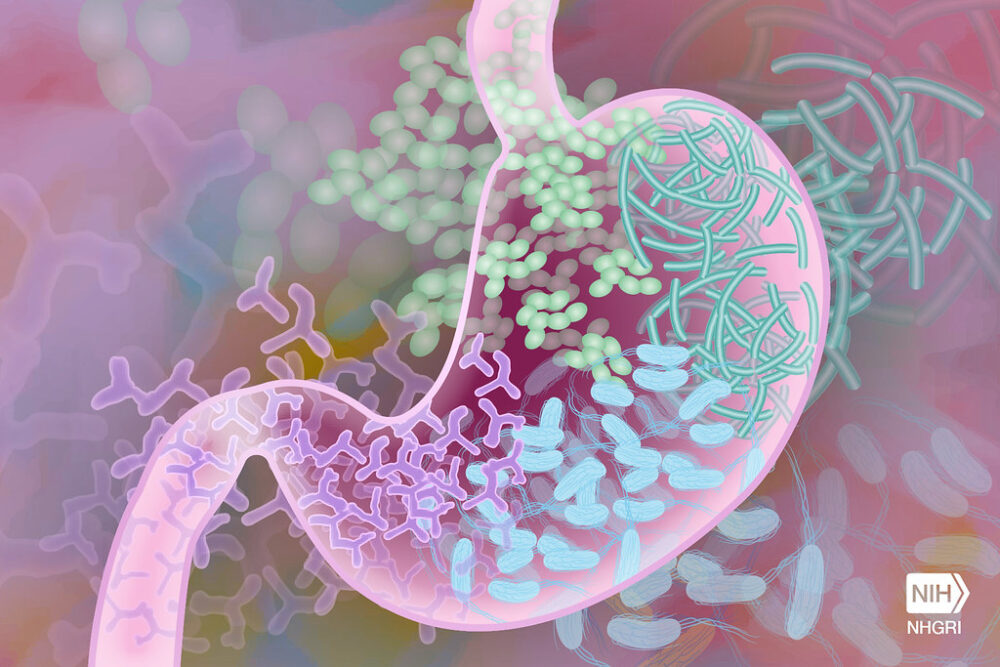Love, actually: The neurochemistry of falling in love
Love holds many definitions. In the Google Dictionary, it’s described as “an intense feeling of deep affection,” and similar, often more complex definitions can be found in philosophy, poetry, art, literature, and film. It means different things to different people and refers to not only romantic attachments but also familial, platonic, or sexual connections. While […]
Love, actually: The neurochemistry of falling in love Read More »








